Personal Mastery Why Great Leadership Starts with Self-Improvement
Lisa Su’s self-engineering proves personal mastery fuels collective breakthroughs, turning inner clarity into strategic courage for sustained global corporate resurgence.




